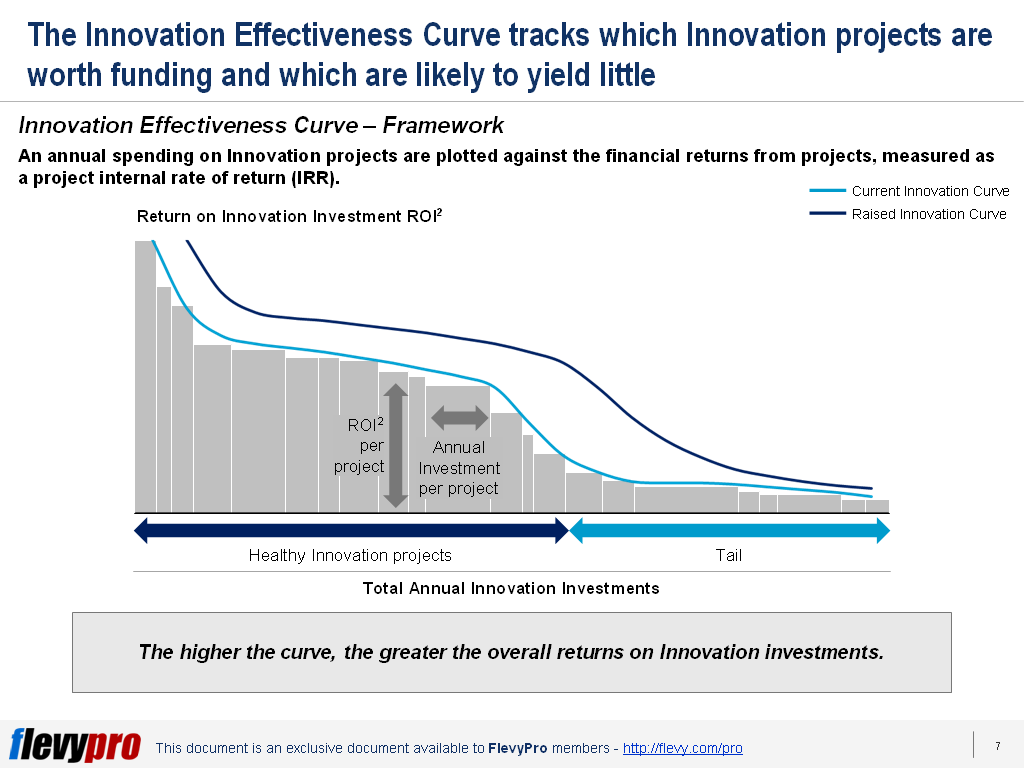In today’s business environment, management consulting firms must be ready to address client challenges and needs that will transform their  business by 10 or 100 times. Tools and methods must be scaled up to ensure applicability to the widest possible audience globally.
business by 10 or 100 times. Tools and methods must be scaled up to ensure applicability to the widest possible audience globally.
The Consulting Workshop Series provides a good understanding of the 10 methods of conducting Workshops that are custom designed to fit specific workshop objectives. Different methods are developed for the purpose of providing organizations the most appropriate tool necessary to support organizations to achieve their strategic goals and targets.
If it is the management’s goal to expose all opinions and options regarding a complex issue, then the Delphi Workshop Method is the perfect approach to undertake. By using Delphi, organizations can gain the benefits of pooling and exchanging opinions to learn from other’s views.
Understanding Delphi as a Consulting Workshop Series Method
Delphi is a structured communication technique originally developed as a systematic interactive forecasting method that relies on a panel of experts. Its main objective is to expose all opinions and options regarding a complex issue.
Delphi is most effectively used in technology forecasting, as well as business forecasting such as sales of new products. It is used in the implementation of multi-stakeholder approaches for participating policy-making. It is also effective in patent participation identification and public policy issues such as economic trends, health, and education.
A dialectical process, it has been designed to provide the benefits of pooling and exchanging of opinions to learn from other’s views.
Discovering the Delphi Approach
Delphi can be approached in 3 different angles. Depending on the objective of the activity, we can determine which is the most strategic way to approach Delphi.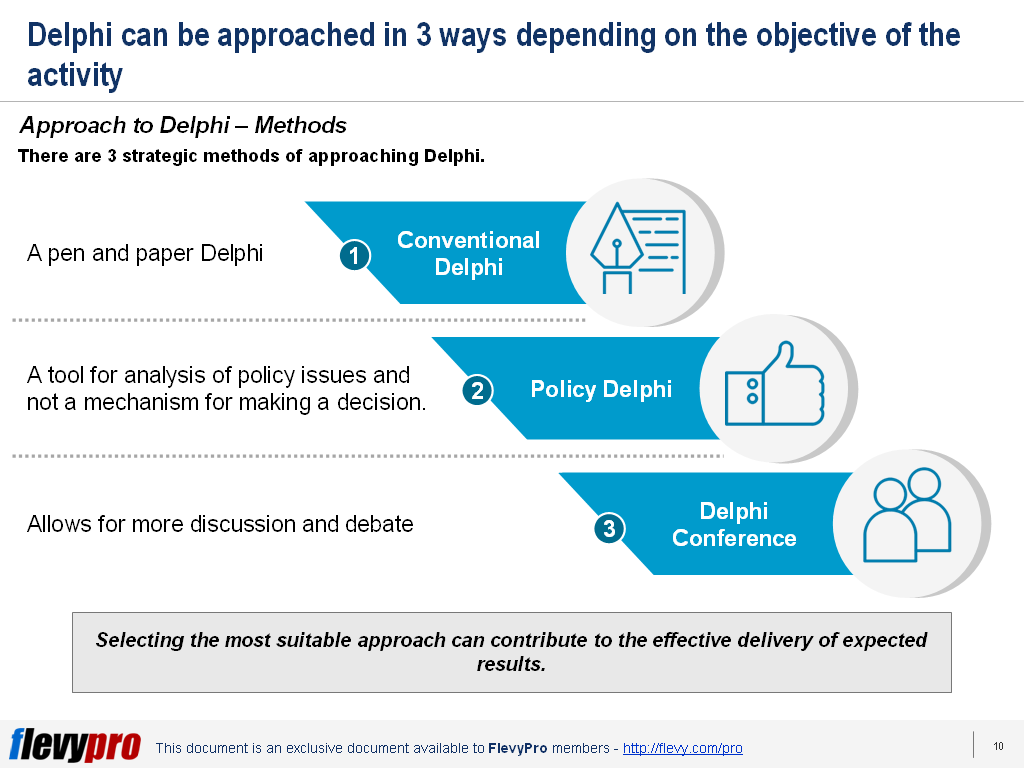
- The Conventional Delphi. Called a pen and paper Delphi, it is aimed at a consensus of the most probable future by iteration. It has three main characteristics: the anonymity of the participants, the structuring of information flow, and regular feedback. These three key characteristics help participants focus on the issues at hand.
- The Policy Delphi. The Policy Delphi is a tool for analysis of policy issues. It is employed to generate the strongest possible opposing views on the potential resolutions of a major issue. Generating a consensus is not its primary objective and survey questionnaires are given greater emphasis.
- The Delphi Conference. A Group Delphi, it allows for more discussions and debate. In the Delphi Conference, participants forego anonymity. Time constraints may require a fixed number of cycles and consensus can be increased from one to two rounds of voting. The Delphi Conference often takes less time than the traditional Delphi.
In undertaking the Conventional Delphi, the Policy Delphi, and the Delphi Conference, organizations must be keen on following the right procedure in undertaking any of these Delphi. Because of its different approaches, the steps that are undertaken also varies. Taking the right step is necessary for better understanding and clarity of flow, as well as optimizing the use of Delphi in achieving the appropriate results at the end of the activity.
Interested in gaining more understanding of the Delphi consulting workshop method? You can learn more and download an editable PowerPoint about Consulting Workshop Series: Delphi here on the Flevy documents marketplace.
Are you a management consultant?
You can download this and hundreds of other consulting frameworks and consulting training guides from the FlevyPro library.
 business by 10 or 100 times. Tools and methods must be scaled up to ensure applicability to the widest possible audience globally.
business by 10 or 100 times. Tools and methods must be scaled up to ensure applicability to the widest possible audience globally.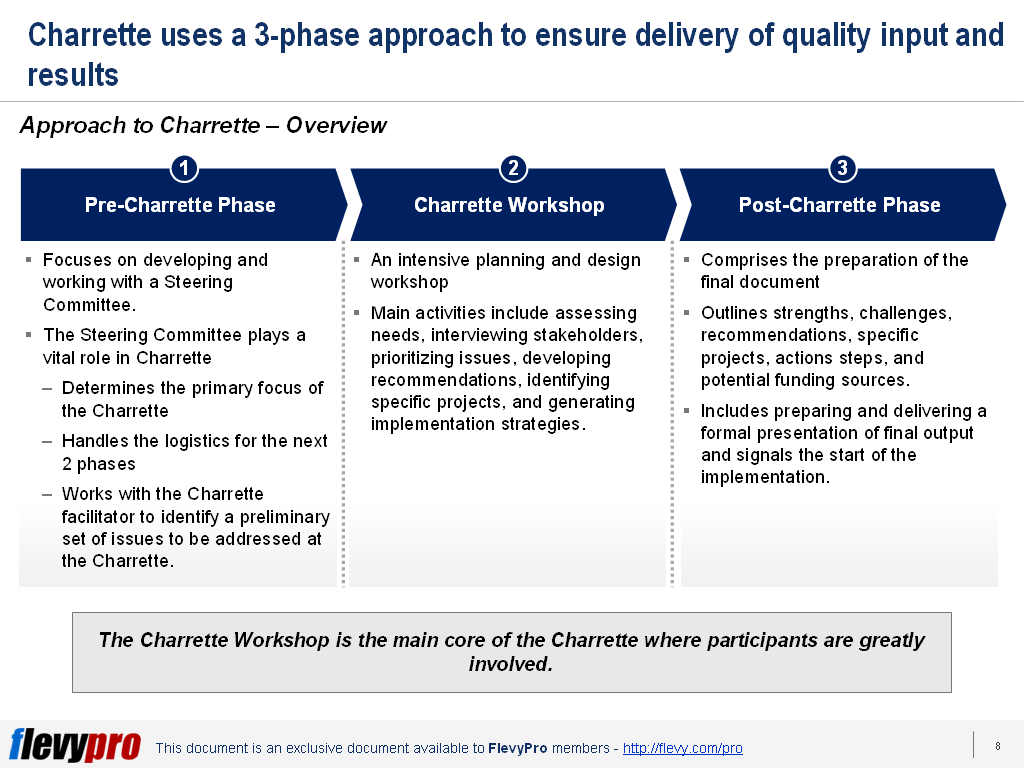
 business by 10 or 100 times. Tools and methods must be scaled up to ensure applicability to the widest possible audience globally.
business by 10 or 100 times. Tools and methods must be scaled up to ensure applicability to the widest possible audience globally.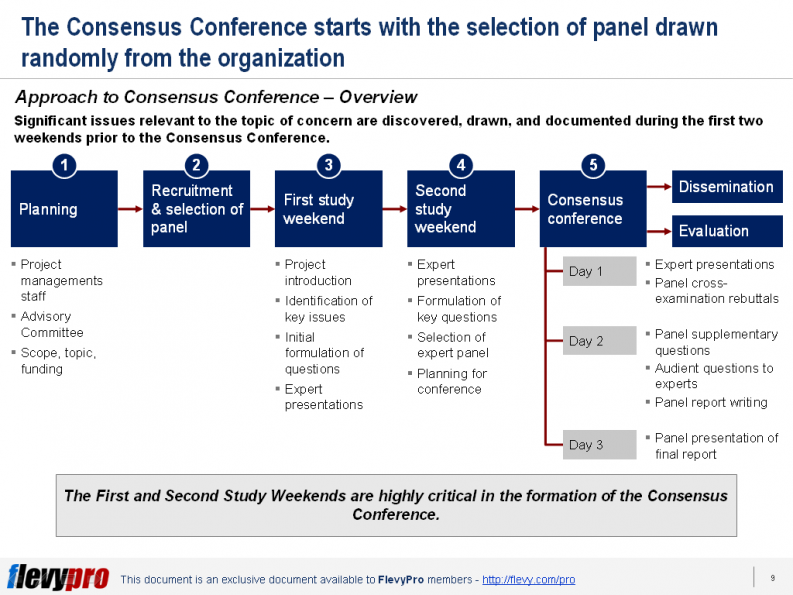
 defining strategic directions to simply serving as an additional pair of hands for outsourced work, management consultants have become inextricably linked to the success of most large organizations.
defining strategic directions to simply serving as an additional pair of hands for outsourced work, management consultants have become inextricably linked to the success of most large organizations.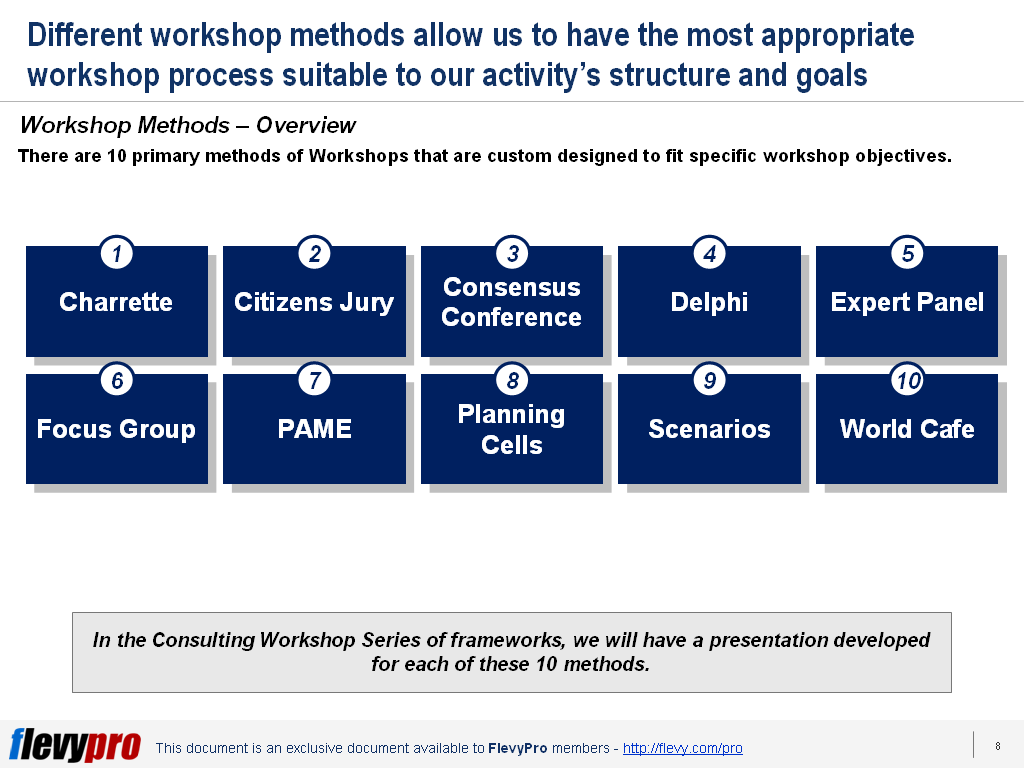

 The constant advancement in technology has raised the expectations of customers in terms of their interaction with companies. This digital disruption is also forcing businesses to develop new capabilities and explore innovative ways and means to deliver improved
The constant advancement in technology has raised the expectations of customers in terms of their interaction with companies. This digital disruption is also forcing businesses to develop new capabilities and explore innovative ways and means to deliver improved 

 Digital-savvy startups are disrupting markets and threatening conventional businesses. They are doing this by utilizing technology to offer new products and services and providing tailored yet uncomplicated experiences for their customers.
Digital-savvy startups are disrupting markets and threatening conventional businesses. They are doing this by utilizing technology to offer new products and services and providing tailored yet uncomplicated experiences for their customers.
 started to rethink and retool their offerings and operation. This kind of transformation, however, requires a collaborative effort from all parts of the organization, no matter how different their processes, systems, and cultures have been in the past.
started to rethink and retool their offerings and operation. This kind of transformation, however, requires a collaborative effort from all parts of the organization, no matter how different their processes, systems, and cultures have been in the past.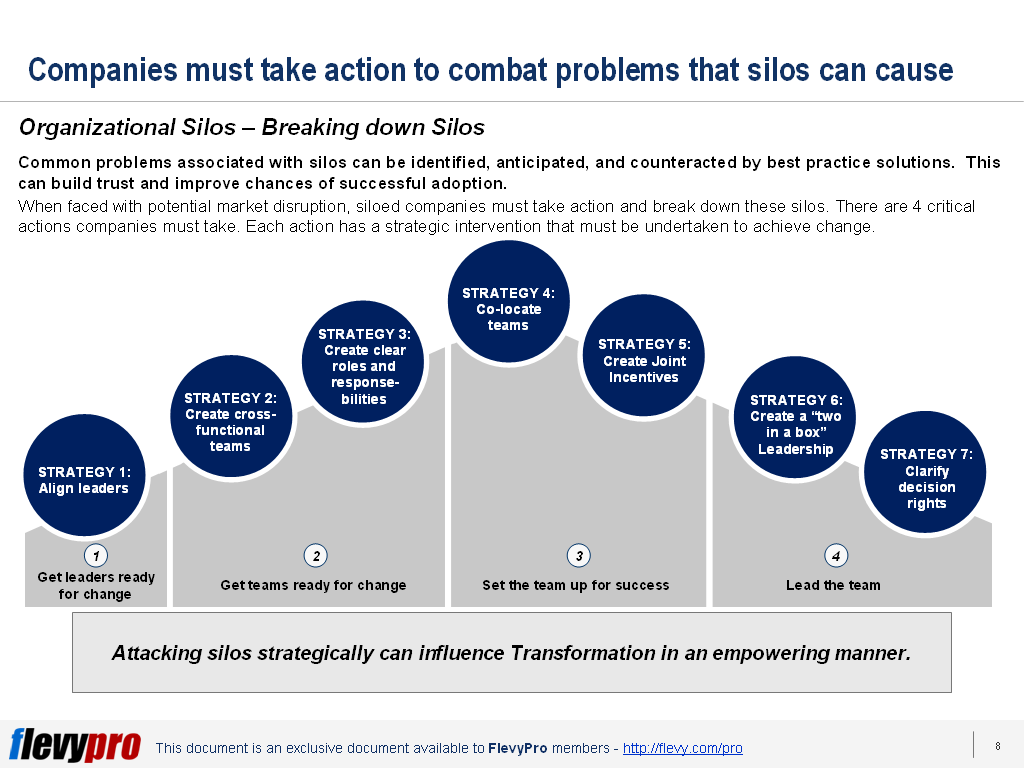

 The typical approach to improving productivity focuses on assessing variance in quality, time, rate, service, or cost, around which management systems develop incrementally or revolutionary.
The typical approach to improving productivity focuses on assessing variance in quality, time, rate, service, or cost, around which management systems develop incrementally or revolutionary.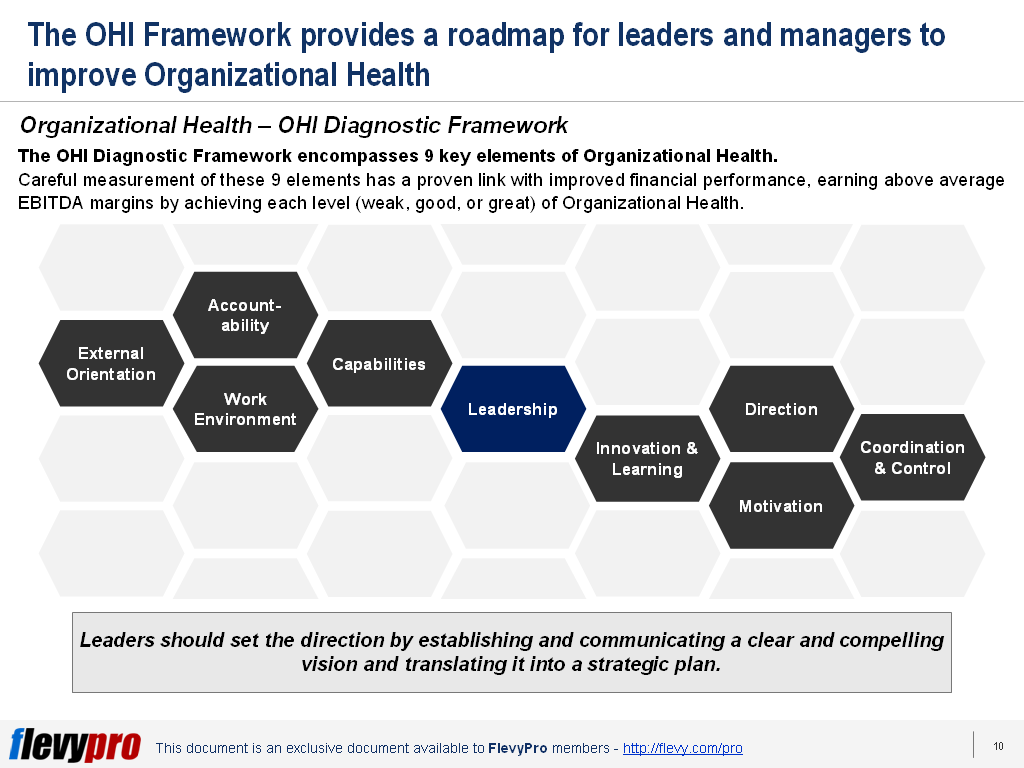

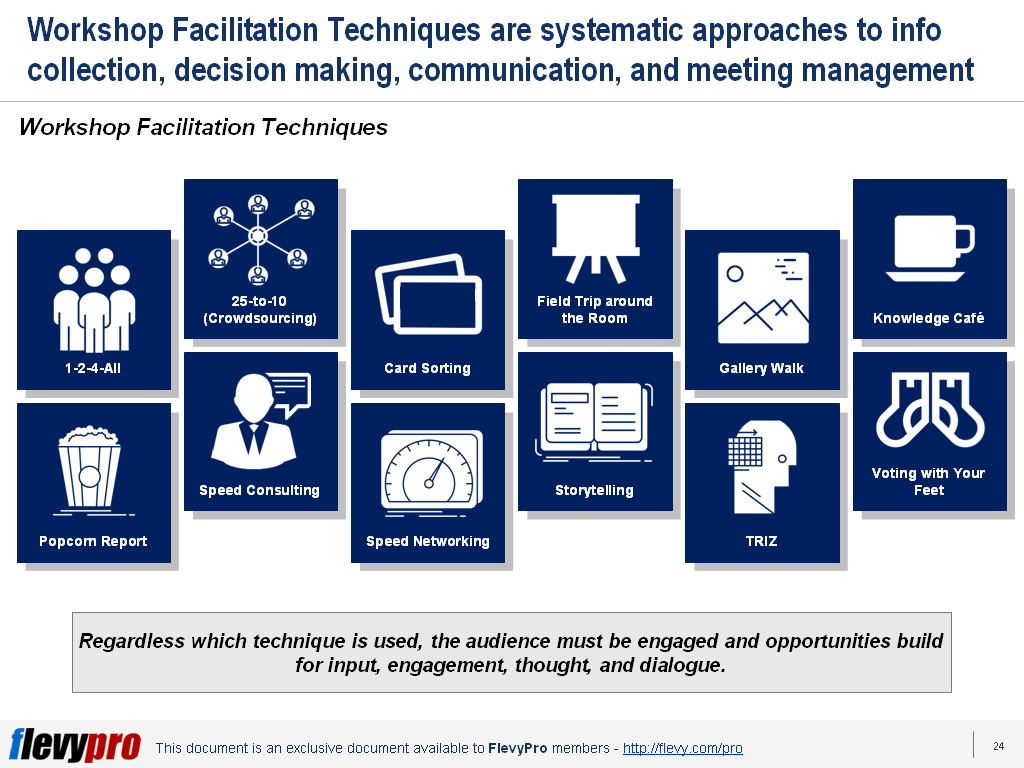
 and profits–is rare and hard to achieve. Some have tried investing intensively in research and development.
and profits–is rare and hard to achieve. Some have tried investing intensively in research and development.